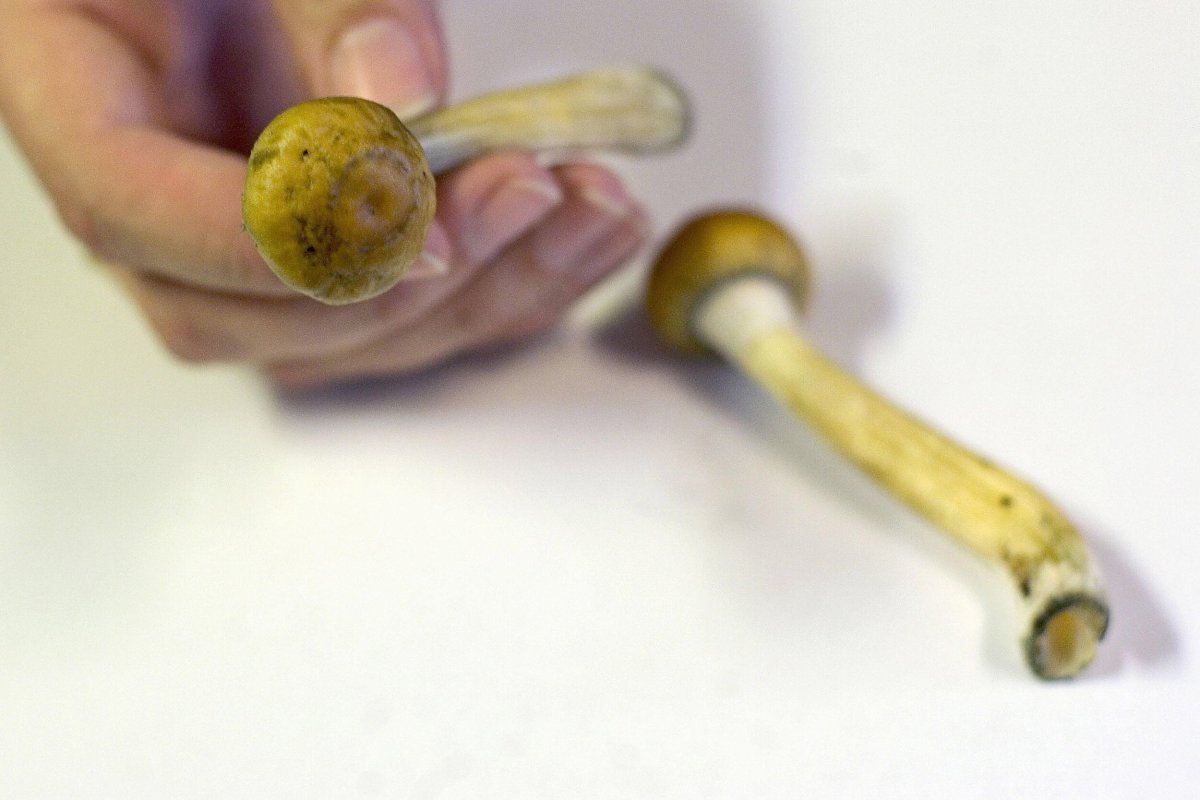A subpopulation of psychedelic drug users said tiny doses of LSD and mushrooms helped lower their anxiety and stimulated their mind without the accompanying transcendental trip, according to a new study.
A team of Canadian researchers studied the effects of microdosing, or using small amounts of a psychedelic substance so that the user never nears the threshold for psychoactive effects and can continue his or her daily routine. In their observations, researchers found that microdosers reported lower anxiety and depression levels, less vulnerability to failure and less self-doubt than those who never microdosed. That was evidence, researchers said, that those illegal drugs could treat mental disorders.
Researchers recruited active and former microdosers, as well as who were interested but inexperienced, on Reddit, Twitter and Facebook to observe the impacts of microdoses of LSD and psilocybin, or psychedelic mushrooms.
After taking a low dosage, nearly one-fourth of users reported a sharpened focus and heightened energy, which boosted their engagement and stimulation with their tasks at hand. More than 20 percent of participants' mood and outlook on life improved, while another 13 percent said microdosing assuaged their existing anxiety and stress. Microdosers also scored slightly higher in measures of wisdom and open-mindedness.
But the potential disadvantages outweighed the rewards for some. Nearly 30 percent of participants—users and nonusers—were uncomfortable using illegal substances, and the lack of a standard microdose amount led users to doubt its reliability and accuracy in treating their symptoms. Others were turned off by its potential for abuse and the comedown effects, even without the high, and 15 percent of users said their anxiety increased due to overstimulation while using the drug.

Study co-author Rotem Petranker said the results must be taken with a grain of salt: Little research exists on the topic, and the scientists drew their conclusions based on observation, so they refrained from fully endorsing the practice.
"We are still a far cry from saying this is medicine and we should prescribe it to people," Petranker told Canada's CBC.
An advent of new studies on psychedelic drugs, most of which halted in the early 1970s once the drugs were made illegal, have offered promising results. A 2014 study found that 80 percent of smokers had stopped using cigarettes six months after doctors administered three doses of psilocybin, and another found a single high dose of the drug could significantly lower depression and anxiety in cancer patients. Nearly 60 percent of participants in a 2011 study experienced a sustained change in personality, remaining more imaginative and tolerant even 14 months after their initial use.
Microdosers avoid the trip, but researchers suggested that patients struggling with addiction and depression could benefit from the "mystical experience." The slowdown in blood flow and electrical activity in the brain's "default mode network" prompts an out-of-body experience that strengthens the connection between the self and the world, uniting sectors of the brain that don't typically interact.
"Unlike almost all other psychiatric medications that have a direct biological effect, these drugs seem to work through biology to open up a psychological opportunity," Matthew Johnson, a Johns Hopkins University psychiatrist, told NBC News in 2017.
LSD and psilocybin, along with marijuana, are currently classified as illegal Schedule I drugs by the Drug Enforcement Agency, which means they have no currently accepted medical use but do have high potential for abuse. Health agencies often equate the drugs' unreliability with danger. In the addiction and depression studies, the minority who didn't experience a change in behavior had "less meaningful experiences" in their psychedelic sessions. Other studies reported that patients suffered paranoia and panic or fear of death, though those outcomes were preceded by high doses of LSD and psilocybin.
"Psychedelic drugs are not a panacea, but the research is showing a lot of promise," Kenneth Tupper, director at the British Columbia Centre on Substance Abuse, told NBC News.
Uncommon Knowledge
Newsweek is committed to challenging conventional wisdom and finding connections in the search for common ground.
Newsweek is committed to challenging conventional wisdom and finding connections in the search for common ground.
About the writer
Scottie is a Newsweek science fellow and student at the University of Florida. Her work has appeared in Women's Health, the Gainesville ... Read more
To read how Newsweek uses AI as a newsroom tool, Click here.








